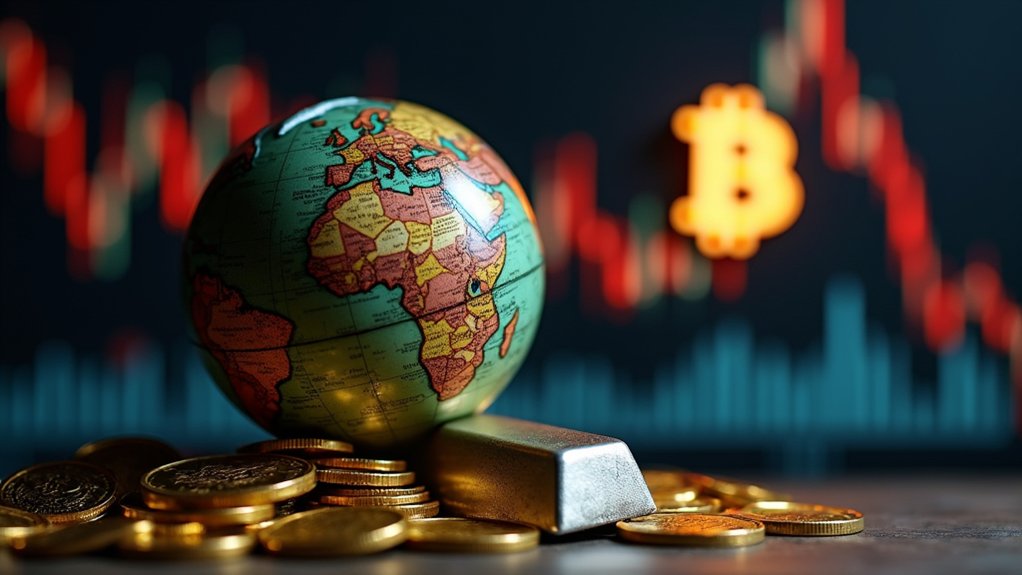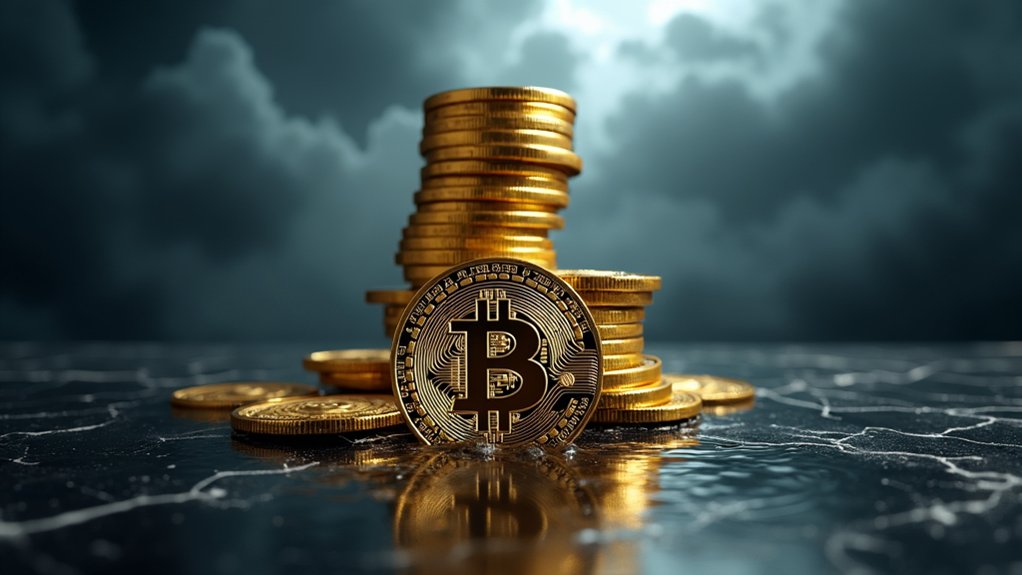In an era when complacency masquerades as financial acumen, Robert Kiyosaki delivers a stark admonition: brace for the most catastrophic market collapse in recorded history, slated for the summer of 2025, a scenario fueled by relentless volatility, soaring interest rates, and inflationary pressures that threaten to obliterate the retirement dreams of Baby Boomers while exposing the systemic fragility of stocks, bonds, and real estate alike. This impending financial maelstrom, far from a baseless panic, is rooted in a nuanced understanding of market psychology, where fear and greed interplay with regulatory interventions—particularly the tightening cryptocurrency regulation—that distort asset flows and amplify uncertainty. The collective denial among investors, buoyed by superficial market rallies and institutional reassurances, exemplifies a reckless disregard for underlying systemic rot. The evolving landscape of cryptocurrency regulation, involving enforcement fines and enhanced compliance demands, adds further complexity to investor decision-making.
Kiyosaki’s critique extends beyond mere prediction; he castigates the reliance on traditional financial instruments, warning that the global debt crisis is a combustible tinderbox primed to ignite a “Greater Depression.” As governments cling to bailouts, they merely postpone the reckoning, leaving millions exposed to the brutal aftermath. Recent geopolitical tensions and inflation fears have already contributed to significant declines in crypto and traditional markets, reinforcing his warnings about market instability. Central banks increasing their bullion holdings further underscores the waning trust in fiat currencies amidst this turmoil. His counsel is unequivocal: pivot decisively toward alternative safe havens—gold, silver, and Bitcoin—assets historically resilient amid chaos and now poised to absorb flight capital as fiat currencies erode. Bitcoin’s anticipated meteoric rise to $200,000 by year-end is not speculation but a logical corollary of its emergent role as digital gold, especially as geopolitical tensions and inflation fears stoke demand despite crypto market volatility.
Investors who dismiss this warning do so at their peril, blinded by outdated paradigms and a misplaced faith in institutional solvency. The call to action is urgent and unambiguous: embrace financial literacy, diversify aggressively, and “bail yourself out” before the inevitable collapse redefines wealth preservation in an unforgiving global economic landscape. Understanding compliance and licensing requirements, such as know-your-customer protocols, becomes critical for those engaging with cryptocurrencies amid tightening regulations.









